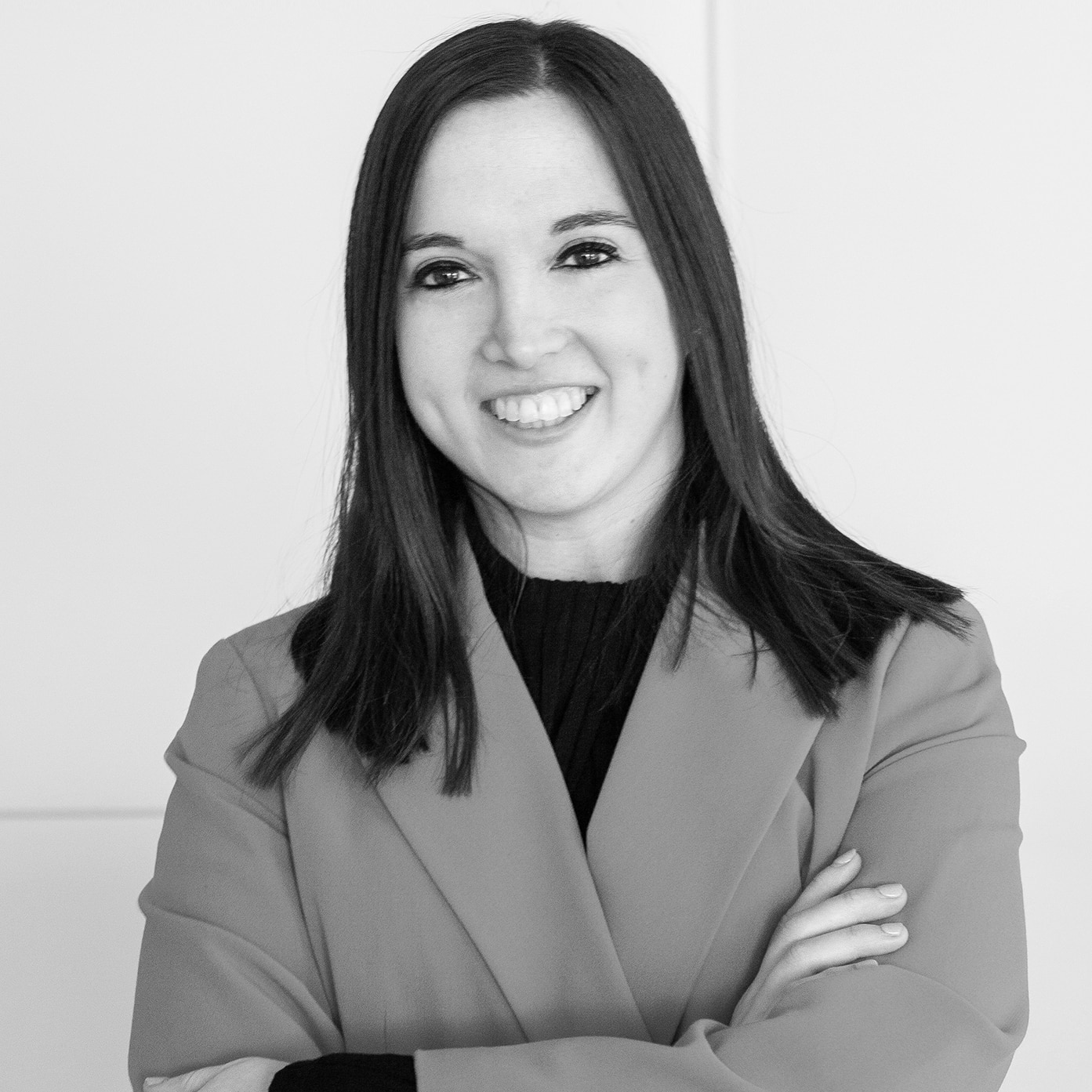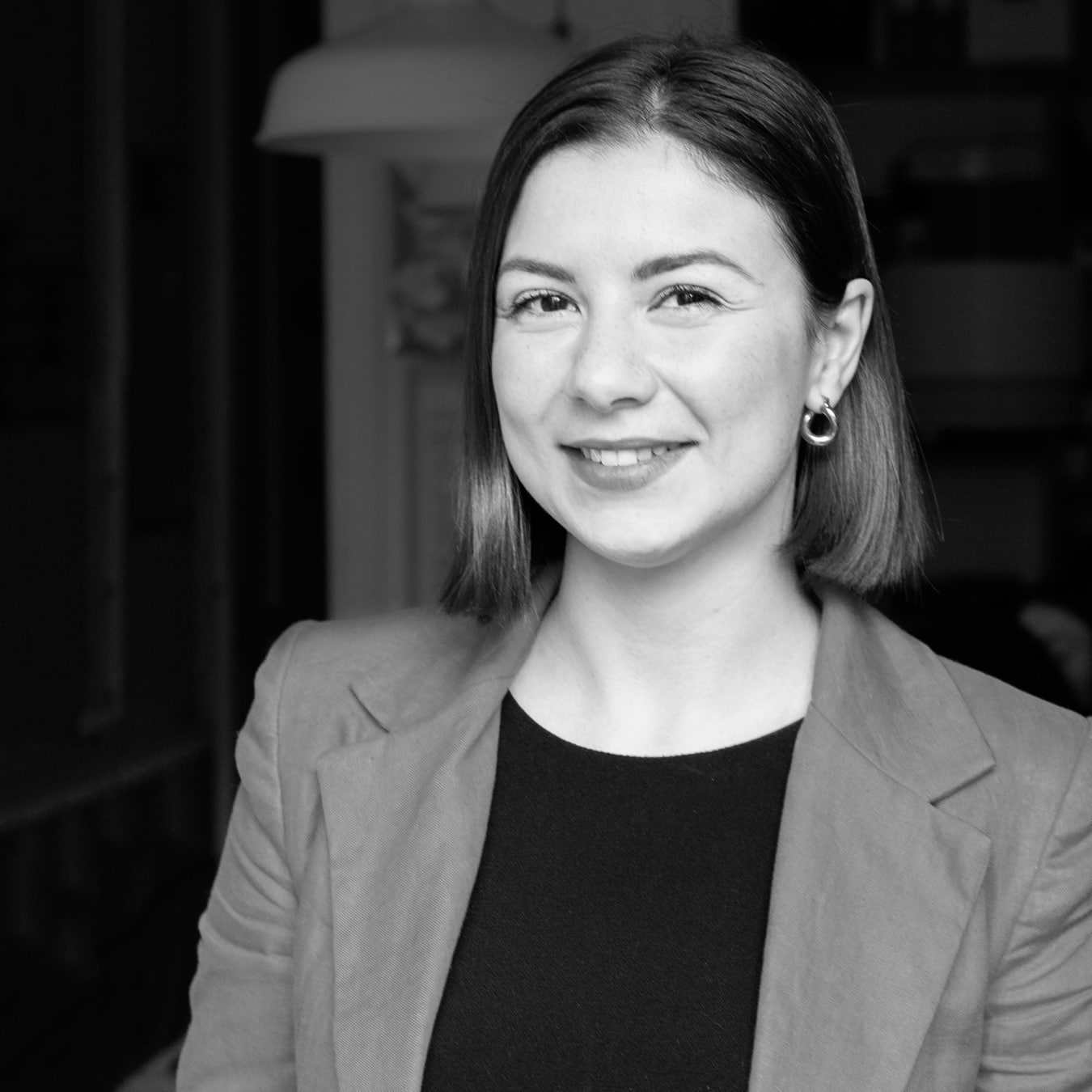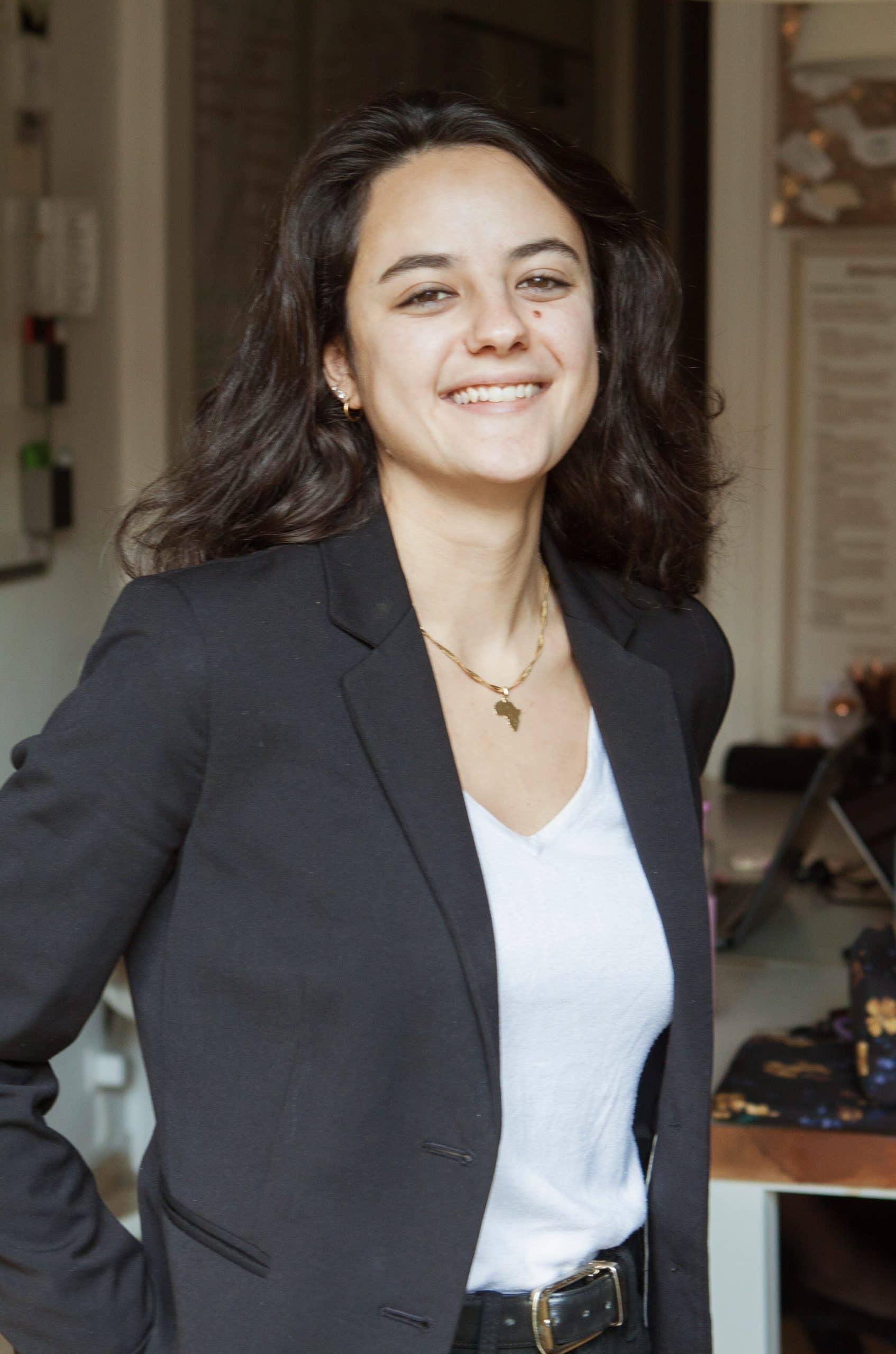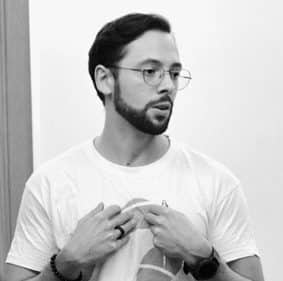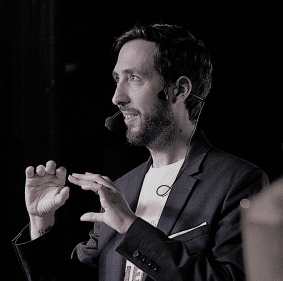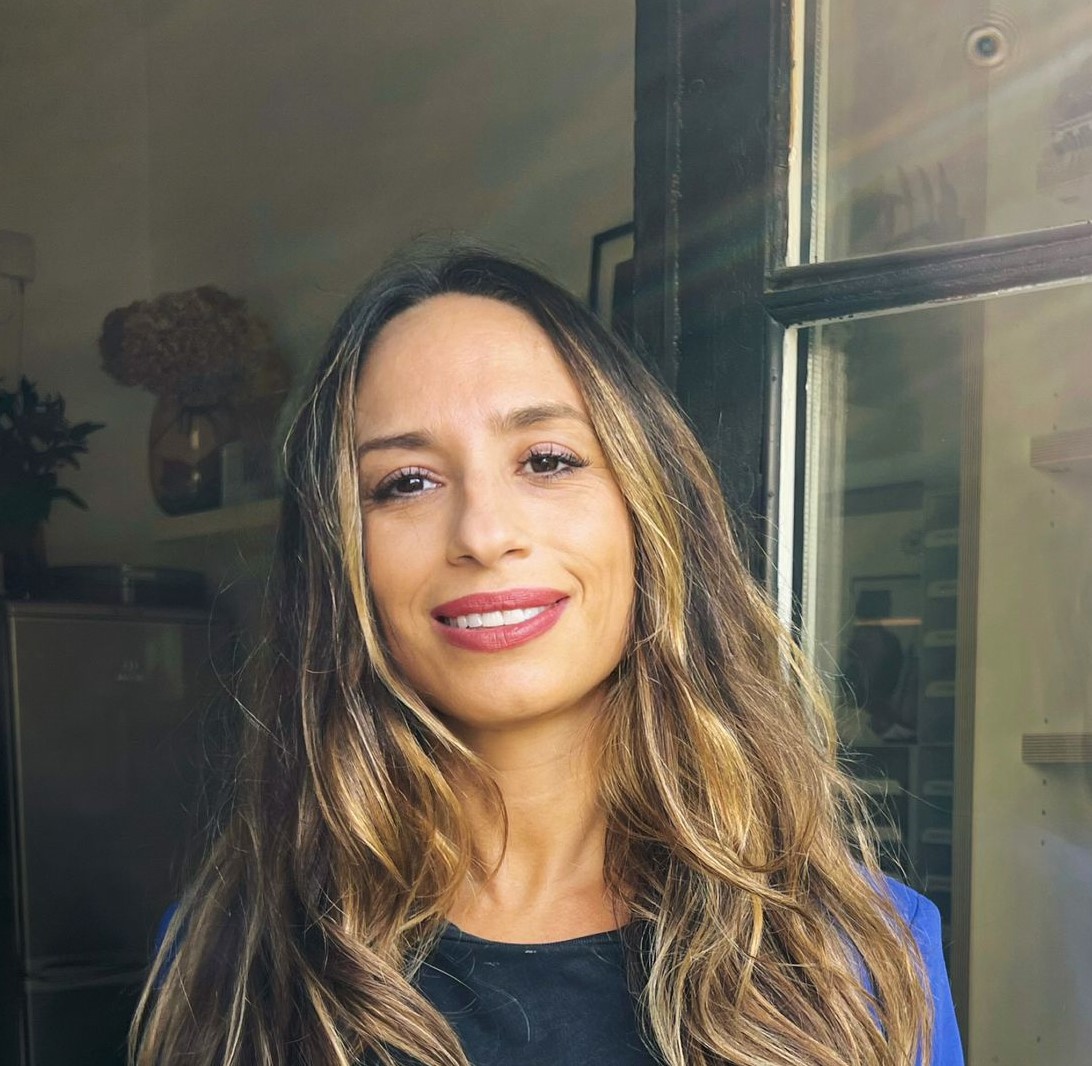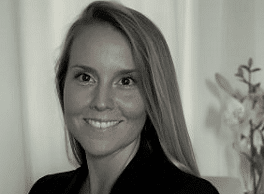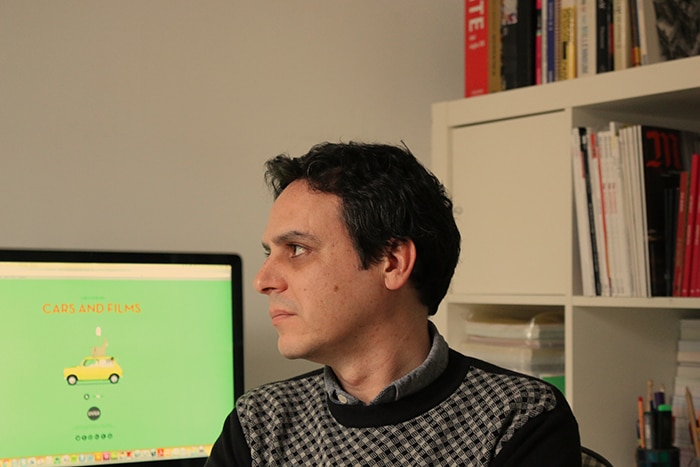Interview with Carme Casajuana, Lifestyle Concierge at Alberta La Grup
Editorial The Lifestyle Institute | Author: María José Núñez | May 2023
“After graduating in Tourism and Hotel Management, I worked as a receptionist and Concierge in several hotels. During the pandemic, the tourism world came to a standstill and I got a call from Alberta La Grup offering me the opportunity to become a Lifestyle Concierge. At the time, I didn’t really know what to expect as it was completely new to me. But I’ve been part of this fantastic team for almost two years now and I’m delighted!”. This is how Carme Casajuana, Lifestyle Concierge at Alberta La Grup, tells us about her career up to this point. Her main responsibility is to provide a personalised and exclusive Concierge services to the residents of Torre Antares. With the same kindness and enthusiasm with which she carries out her professional responsibilities, she answered some questions about the exciting world of Lifestyle Management.
(Sigue en español)
“After graduating in Tourism and Hotel Management, I worked as a receptionist and Concierge in several hotels. During the pandemic, the tourism world came to a standstill and I got a call from Alberta La Grup offering me the opportunity to become a Lifestyle Concierge. At the time, I didn’t really know what to expect as it was completely new to me. But I’ve been part of this fantastic team for almost two years now and I’m delighted!”. This is how Carme Casajuana, Lifestyle Concierge at Alberta La Grup, tells us about her career up to this point. Her main responsibility is to provide a personalised and exclusive Concierge services to the residents of Torre Antares. With the same kindness and enthusiasm with which she carries out her professional responsibilities, she answered some questions about the exciting world of Lifestyle Management.
-Could you explain to us what exactly Lifestyle Concierge is?
A Lifestyle Concierge is in charge of offering personalised and exclusive services to the clients and residents of a building, in order to improve their quality of life and provide them with a unique and comfortable experience. The day-to-day life of a Concierge is very varied and no two days are the same. From organising cleaning services for residents, offering recommendations and making restaurant reservations to organising their next getaway, or preparing all the ‘paperwork’ such as changing utility bills and registering them so that their arrival at the building is as smooth as possible… and a whole host of other things. In short, we can do everything, or almost everything, that our residents ask us to do, as long as it is in line with our values.
-To what extent is training important to be a Lifestyle Concierge?
Having previous training and experience in Hospitality and Tourism, as well as interpersonal and Customer Service skills, can make a big difference in the quality of service offered to residents. I would also recommend taking the Postgraduate course offered by The Lifestyle Institute, which offers the opportunity to learn new knowledge and develop these skills.
“No two days are the same… And that’s the most exciting part of my job!”
-What qualities, skills, languages, etc. should someone interested in this career have?
To be a Lifestyle Concierge, it is important to have a combination of interpersonal and technical skills, as well as good organisational and adaptability skills. It is also very important to have a good education, good manners and a sense of hospitality. In addition, the more fluent you are in several languages, the better… but English is paramount, as most of the clients are foreign.
-We know that each day in this profession can be totally different, but could you describe a day in your working life?
That’s right, no two days are the same… and that’s the most exciting thing about my job! However, I always start the day by checking the previous day’s tasks, emails and messages to see what has happened in my absence. From there, together with my colleagues, we manage the requests of the residents.
I am also in charge of contacting and looking for new suppliers to offer the latest services to our residents. There are always things to do… You never get bored!
– How would you say that this profession has changed your life?
This profession makes me constantly learn, as having to deal with a wide variety of requests and situations means that you are acquiring new knowledge on a daily basis. It has also made me develop skills that I didn’t know I had before, and above all, it has made me more aware of the latest trends and developments in the city, whether in terms of restaurants, shops and cultural events, or any other place of interest to residents.
“More and more people are willing to pay for a personalised service that allows them to optimise their free time and enjoy unique experiences”
– How do you see the future of this profession, both in Spain and internationally?
Lifestyle Concierge has experienced significant growth in recent years, both in Spain and internationally. As life becomes busier and time becomes a valuable resource, more and more people are willing to pay for a personalised service that allows them to optimise their free time and enjoy unique experiences.
It is true that in Spain there is still a long way to go to reach the same level of recognition as in other countries, but little by little, we are making a place for ourselves. In the future, there is sure to be a need for these services in various environments. However, more awareness is needed, as most of the population does not know exactly what the work of a Lifestyle Concierge consists of and how they can benefit from their services.
Copyright ©by Alberta La Grup
If you wish to re-print this article or photos, that’s fine. Just include the biography at the end of the article. Thank you!
“En un futuro próximo, la profesión de Lifestyle Concierge estará muy demandada, no sólo en el sector del lujo”
Entrevista con Carme Casajuana, Lifestyle Concierge de Alberta La Grup
Editorial The Lifestyle Institute | Autora: María José Núñez | Mayo 2023
“Después de graduarme en Turismo y Dirección Hotelera, trabajé como recepcionista y Concierge en varios hoteles. Durante la pandemia, el mundo del Turismo se paralizó y me llamaron de Alberta La Grup ofreciéndome la oportunidad de ser Lifestyle Concierge. En ese momento, no sabía muy bien lo que me esperaba, ya que era un campo nuevo para mí. Pero ya hace casi 2 años que formo parte de este fantástico equipo y ¡estoy encantada!”. Así nos cuenta Carme Casajuana, Lifestyle Concierge de Alberta La Grup, su trayectoria hasta llegar hasta aquí. Su función principal es brindar un servicio de Concierge personalizado y exclusivo a los residentes de la Torre Antares. Y con la misma amabilidad y entusiasmo con el que ejerce su profesión, nos contestó a una serie de preguntas acerca de este apasionante universo que conforma el Lifestyle Management.
-¿Podrías explicarnos qué es exactamente la figura del Lifestyle Concierge?
El Lifestyle Concierge se encarga de ofrecer servicios personalizados y exclusivos a los clientes y residentes de un edificio, con el fin de mejorar su calidad de vida y proporcionarles una experiencia única y cómoda. El día a día de un Concierge es muy variado y no hay dos días iguales. Nos encargamos desde organizar servicios de limpieza para los residentes, ofrecer recomendaciones y hacer reservas de restaurantes hasta organizar su próxima escapada hasta preparar todo el ‘papeleo’, como cambio de titulares de los suministros, empadronarse para que su llegada al edificio sea lo más fácil posible… y un sin fin de cosas más. En resumen, podemos hacer todo o casi todo lo que nos pidan nuestros residentes, siempre y cuando esté alineado con nuestros valores.
-¿Hasta qué punto es importante la formación para ser Lifestyle Concierge?
Tener una formación y experiencia previa en áreas relacionadas con la Hostelería y el Turismo, así como habilidades interpersonales y de Atención al Cliente, puede marcar una gran diferencia en la calidad del servicio que se ofrece a los residentes. También realizar el Postgrado que ofrece The Lifestyle Institute, que ofrece la oportunidad de aprender nuevos conocimientos y desarrollar estas habilidades.
“Ningún día es igual a otro… ¡Y eso es lo más emocionante de mi trabajo!”
-¿Qué cualidades, aptitudes, idiomas, etcétera… debe tener la persona que se quiere dedicar a esto?
Para ser Lifestyle Concierge, es importante tener una combinación de habilidades interpersonales y técnicas, así como una buena capacidad de organización y adaptación. También es muy importante disponer de buena educación, saber estar y sentimiento de
hospitalidad. Además, cuanta más fluidez tengas en varios idiomas, mejor… pero el inglés es primordial, ya que la mayoría de los clientes son extranjeros.
–Sabemos que cada día en esta profesión puede ser absolutamente diferente, pero ¿podrías describirnos un día en tu vida laboral?
Correcto. Ningún día es igual a otro… ¡y eso es lo más emocionante de mi trabajo! No obstante, siempre empiezo la jornada revisando las tareas del día anterior, los emails y los mensajes, para saber lo que ha sucedido durante mi ausencia. A partir de aquí, junto con mis compañeros, gestionamos las peticiones de los residentes.
También soy la encargada de contactar y buscar nuevos proveedores para ofrecer las últimas novedades en servicios a nuestros residentes. Siempre hay cosas que hacer… ¡Nunca te aburres!
-¿De qué manera podrías decir que esta profesión ha cambiado tu vida?
Esta profesión me hace estar constantemente aprendiendo, pues al tener que lidiar con una amplia variedad de solicitudes y situaciones, hace que vayas adquiriendo nuevos conocimientos día a día. También me ha hecho desarrollar habilitades que antes desconocía que tenía, y sobre todo, me ha hecho estar más al día de las últimas tendencias y novedades en la ciudad, ya sea en términos de restaurantes, tiendas y eventos culturales, como cualquier otro lugar de interés para los residentes.
“Cada vez son más las personas que están dispuestas a pagar por un servicio personalizado que les permita optimizar su tiempo libre y disfrutar de experiencias únicas”
-¿Cuál es la proyección de futuro que auguras para esta profesión, tanto en España como internacionalmente?
El Lifestyle Concierge ha experimentado un crecimiento significativo en los últimos años, tanto en España como a nivel internacional. A medida que la vida se vuelve más ocupada y el tiempo se convierte en un recurso valioso, cada vez más personas están dispuestas a pagar por un servicio personalizado que les permita optimizar su tiempo libre y disfrutar de experiencias únicas.
Es cierto que en España le queda un largo camino por recorrer para alcanzar el mismo nivel de reconocimiento que tiene en otros países, pero poco a poco, nos estamos haciendo un lugar. Y en un futuro, seguro que habrá esta necesidad en varios entornos. No obstante, se debe dar a conocer más, ya que la mayoría de la población no sabe exactamente en qué consiste el trabajo de un Lifestyle Concierge y cómo pueden beneficiarse de sus servicios.
Traducción: Emily Benton
Foto: Alberta La Grup
Copyright ©by Alberta La Grup
If you wish to re-print this article or photos, that’s fine. Just include the biography at the end of the article. Thank you!

